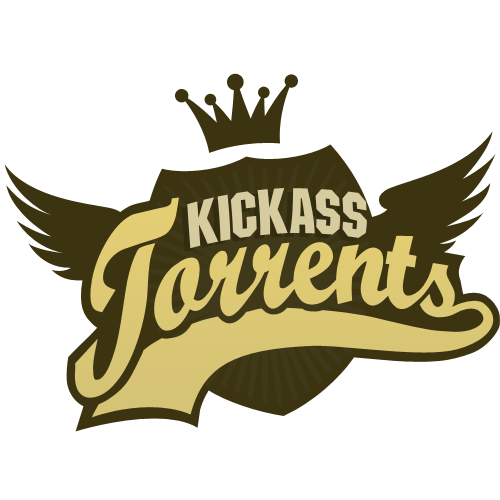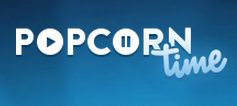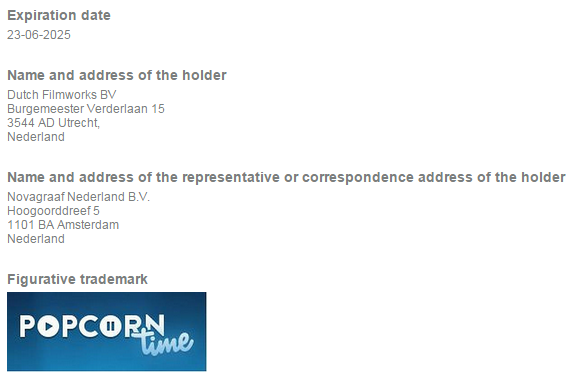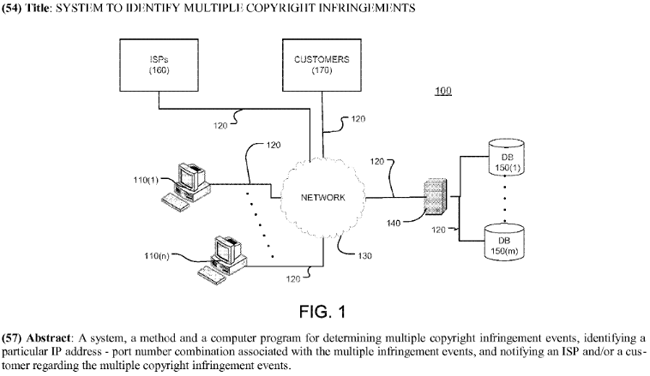KickassTorrents Warns Users of “Malicious” Copycats
vendredi 9 octobre 2015 à 18:28 With millions of visitors per day KickassTorrents (KAT) is arguably the most visited torrent site on the Internet, outranking even the notorious Pirate Bay.
With millions of visitors per day KickassTorrents (KAT) is arguably the most visited torrent site on the Internet, outranking even the notorious Pirate Bay.
After several domain hops KAT has been operating from the KAT.cr domain name. However, infrequent visitors have experienced trouble locating the site, as it disappeared from Google’s top search results.
Instead, entering the search terms “KickassTorrents” or “Kickass Torrents” lists several unofficial sites on top. While some of these sites are harmless proxies, others are outright scams.
This week the KAT team warned its users to avoid visiting non-official sites as they are exploiting the Kickass brand for malicious purposes.
“We wanted to share our concerns with you,” KAT’s staff says, noting that the site has a great community which has become very popular over time.
“But here is the dark side of this popularity. While we are doing our best in order to keep our site nice and cozy there are bunch of lazy bastards who have simply decided to copycat us.”
The scam sites are trying to confuse unsuspected users by “stealing” the site’s design in order to scam people. According to the KAT team this includes password stealing and selling expensive subscriptions.
“Some of them are selling ridiculously expensive VPNs on our behalf, some are throwing malicious ads, some are trying to sell various subscriptions, others simply gathering user passwords and so on. All of them are trying to cheat people in various ways,” they note.
KAT doesn’t mention any sites in particular but the kickasstorrents.eu domain must be one of them. This site has risen to the top of Google’s search results and prompts people to download shady software or buy a VPN subscription.
The site’s operators say they are working on a solution to ban the impersonators and copycats, for example, by preventing malicious proxy sites from mirroring KAT’s contents.
For now, however, they advise users to remain vigilant and make sure to use the official Kat.cr address or one of the official proxies. Finally – and quite amusingly – users are also encouraged to report scammy sites to their hosting providers.
“You can even report those questionable sites to their hosting service providers,” the KAT team says.
This is not the first time that proxy sites and copycats have caused trouble. In recent years various anti-piracy measures have made it harder to access the original sites, creating opportunities for malicious actors and scamvertisers.
Source: TorrentFreak, for the latest info on copyright, file-sharing, torrent sites and ANONYMOUS VPN services.
 This week the United States government continued its three-year-long effort to have Kim Dotcom, Mathias Ortmann, Finn Batato and Bram van der Kolk extradited to face multiple charges including copyright infringement, conspiracy, money laundering and racketeering.
This week the United States government continued its three-year-long effort to have Kim Dotcom, Mathias Ortmann, Finn Batato and Bram van der Kolk extradited to face multiple charges including copyright infringement, conspiracy, money laundering and racketeering. In little more than a year
In little more than a year 
 California-based anti-piracy outfit Rightscorp is known for its pursuit of Internet pirates in the United States.
California-based anti-piracy outfit Rightscorp is known for its pursuit of Internet pirates in the United States.
 For the past seven or eight years alleged file-sharers in the United States have found themselves at the mercy of so-called copyright trolls and right at the very forefront are those from the adult movie industry.
For the past seven or eight years alleged file-sharers in the United States have found themselves at the mercy of so-called copyright trolls and right at the very forefront are those from the adult movie industry.